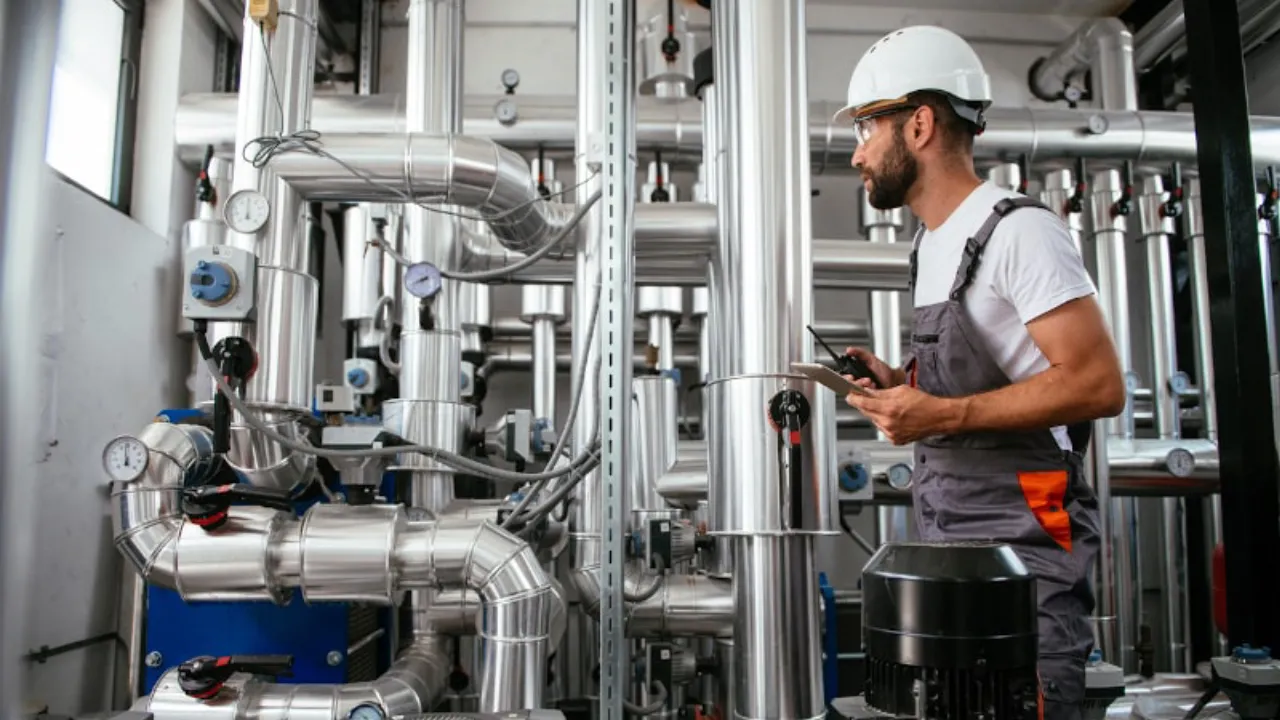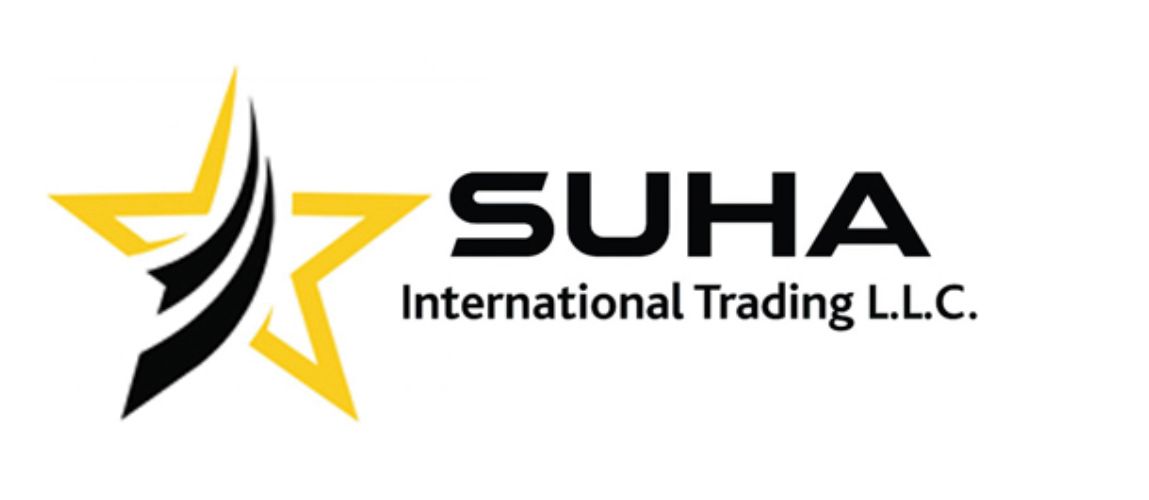The Role of Mono Ethylene Glycol (MEG) in HAVC Systems

Introduction to Mono Ethylene Glycol (MEG)
Mono Monoethylene glycol (MEG) is an organic chemical with widespread applications in many industries, especially in cooling systems, due to its excellent thermal and chemical properties. Its colorless, odorless nature and reasonable price make it a vital ingredient in automotive, industrial, and HVAC for the regulation of temperature, freeze protection, and corrosion inhibition.
With increasingly sophisticated modern cooling systems, the requirement for solutions that are as continuous and effective as MEG becomes imperative. In fact, besides heat management in power plants and optimization in HVAC systems to make the automobile engines run smoothly, the role of MEG becomes immensely important in keeping the operation non-stop and maintaining longevity.
the Role of MEG in Cooling Systems
MEG normally becomes added to water in the ratio in cooling systems so that even extreme environmental conditions shall not change its heat transfer fluid from maintaining reasonable temperature variations. Its major responsibilities include:
1. Heat Transfer Efficiency
- MEG facilitates effective heat exchange to dissipate unwanted heat either from machinery or an engine. The thermal conductivity ensures finite and speedy heat absorption and transportation without overheating the system for continued operation.
2. Freeze Protection
- One of the most valuable properties of MEG is its ability to drastically lower the freezing point of water. This property is extremely important in preventing the formation of ice in the pipes and components of cooling systems during freezing temperatures, protecting equipment from damage, and ensuring continuity of operation.
3. Corrosion Inhibition
- In cooling systems, most of the metallic components-especially those made of steel, copper, and aluminum-are highly prone to corrosion. MEG acts not only as a coolant but also carries corrosion inhibitors for the protection of internal surfaces and prolonging the life span of the system.
4. Boiling Point Elevation
- MEG raises the boiling point of the coolant mixture, allowing the system to operate safely at higher temperatures without the risk of vapor lock or coolant evaporation.
Applications of Mono Ethylene Glycol in Cooling Systems
Automotive Industry
- In automotive applications, MEG is one of the essential antifreeze and coolant formulation ingredients. By controlling the temperature of engines to avoid damage from freezing, MEG helps to assure excellent performance throughout all seasons under very different driving conditions. Its versatility and compatibility with a wide variety of engine types make it indispensable.
Industrial Processes
- MEG-based coolants are applied in the regulation of heat within large machinery, such as compressors, reactors, and pumps in industries dealing with chemical processing, oil and gas, and manufacturing. It maintains consistent thermal performance even under high-stress conditions, enhancing productivity and reducing costly downtime. MEG also prevents corrosion-related inefficiencies that disrupt industrial operations.
HVAC Systems
- MEG is used in both commercial and residential HVAC systems to regulate indoor temperature with efficiency. Its freeze and corrosion resistance properties ensure reliable performance in heating and cooling systems year-round. MEG is especially valuable in climates with harsh winters or sweltering summers, ensuring uninterrupted system operation and comfort.
Power Generation
- MEG is used in the cooling systems of turbines, generators, and transformers at power plants to maintain these critical components within safe operating temperatures and avoid costly failures and operational delays. The durability of MEG in extreme temperatures, along with its compatibility with additives, makes it very effective in such a demanding environment for power generation.
Advantages of Using MEG in Cooling Systems
Cost-Effectiveness
- MEG is an economical solution for cooling system requirements, offering high performance at reasonable costs. Its affordability, together with its ability to protect expensive equipment, minimizes operational expenses and maximizes return on investment over extended periods of use.
Wide Temperature Range
- MEG-based solutions are effective over a wide temperature range, hence suitable for various climates and industrial situations. From cold winters to scalding summers, MEG has kept systems in balance, continuously performing well within the most intense environmental challenges seen around the globe.
Compatibility with Additives
- MEG easily blends with corrosion inhibitors and other additives for customized solutions, depending on the peculiar requirements of any given system. Additionally, this might further allow industries to optimize coolant mixtures for special applications and realize better operational efficiencies with improved general equipment life.
Environmental Resilience
- MEG provides reliable operation of systems at extreme cold or heat, minimizing downtime and increasing productivity. Its ability to protect systems in challenging climates makes it a preferred choice for industries operating in remote or environmentally demanding locations.
Durability and Low Maintenance
- Maintenance of systems using MEG is required less frequently since it protects against scaling, corrosion, and freeze-thaw cycles. This reduces the costs associated with repairs, increases equipment life, and smoothes operation leading to improved efficiency and lower total ownership costs over time.
Considerations for Safe Handling and Use of MEG
While MEG offers significant advantages, proper handling is essential to ensure safety and maintain its performance characteristics:
- Storage: MEG should be stored in clean, sealed containers in a cool, dry location, away from direct sunlight and sources of contamination.
- Protective Equipment: Always use gloves, goggles, and appropriate protective clothing when handling MEG to avoid skin and eye irritation.
- Spillage and Disposal: MEG spills should be cleaned promptly, and disposal should comply with local environmental regulations, as they can be harmful to aquatic life.
- Concentration Management: The concentration of MEG in the coolant mixture should be monitored and maintained within recommended levels to ensure optimal performance and freeze protection.
Conclusion
Mono Ethylene Glycol (MEG) remains unmatched in balancing performance, affordability, and versatility. From extending engine life in automobiles to enabling renewable energy solutions, MEG is pivotal to industrial progress.
At ZÜMRÜT International Kimya Co., we provide premium-grade MEG tailored to your operational needs. Whether you’re optimizing an HVAC system or safeguarding a power plant, our solutions ensure peak efficiency and durability.

